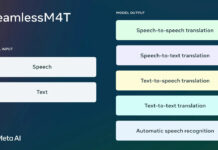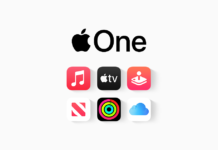Fragmentation has been a recurring issue with fragmentation has been a long-running complaint about the Android ecosystem. Many users are unable to access features from the most recent Android version due to operating older devices that aren’t more up-to-date. To close the gap Google has announced the first version that is publically available of the Extension SDK that aims to provide features from the most recent Android versions to earlier versions.
As part of this news, Google will open to Photo Picker API support to Android 11 and Android 12. Photo Picker allows users to grant access to the photos in their library to an application at present it is just Android 13 users are able to use the most recent interface for photo-pickers.
In addition, as it’s an SDK that app developers must incorporate this feature in their applications. However, users don’t require a system update to access the photo-picker.
Read More : Which Android SDK tools and Versions of Android are best to install
The Extension SDK provides support to integrate AdServices APIs in order to prepare for the debut of the Privacy Sandbox for Android. It is the Android Privacy Sandbox (PS) is the newest advertising stack that will replace cookies in Chrome. In the moment, Google is testing Privacy Sandbox on only a few devices that run Android 13 and a larger beta launch planned for later in the coming year. With components such as that of the Extension SDK, Google will strive to release Privacy Sandbox support to devices running earlier version of Android.
Google has attempted to cut down the time to roll out features through programs such as Project Mainline, which was released in Android 10 to make the operating system more flexible and allow features to be pushed through Google Play. This means that users do not have to wait for smartphone makers to release an update to their software. This Extension SDK is yet another step in this direction.














































